As part of Italian Book Week, Laura’s The Gondola Maker was nominated for our Best Summer Read award.
Laura Morelli fell in love with Venice and Italy at a young age, which inspired her to study for a Ph.D. in Art History at Yale University. A keen writer and historian, Laura’s books are inspired by the true story of Italian craft and artisan produce. The Gondola Maker is a fantastic story set in 16th Century Venice – vivid and full of wanderlust, its the perfect accompaniment to immerse yourself during an Italian trip.

Could you pitch to us ‘The Gondola Maker’ in three sentences?
Venetian gondola-maker Luca Vianello considers his whole life arranged. His father charted a course for his eldest son from the day he was born, and Luca is positioned to inherit one of the city’s most esteemed boatyards. But when Luca experiences an unexpected tragedy in the boatyard, he believes that his destiny lies elsewhere; soon he finds himself drawn to restore an antique gondola with the dream of taking a girl for a ride.
How much time have you spent in Venice drawing inspiration for your novel and what drew you to the city in the first place?
I have been fortunate to live in northern Italy and to travel all over the country, but Venice holds a special place in my heart. If you described Venice to someone who had no prior knowledge of it, they might think you were making it up. It’s mind-boggling to think that the entire built environment of Venice–everything from the humblest coffee shop to the grandest church–stands atop thousands of wooden pilings driven into the mud centuries ago. The city has been described as “impossible,” and I think that’s a good way to capture its compelling essence.
Venice has such a rich history, making it ideal for art lovers like yourself, do you have a favourite museum to explore?
The best thing about Venice is that you don’t have to go to a museum at all to experience its visual history. When I stroll along the alleys and quaysides, my mind flashes with images of what Venice must have been like some five hundred years ago: a city-as-artisanal-factory, its doors open to the streets, its wares spilling out onto the cobblestones. It is easy to conjure the ring of the blacksmith’s hammer and aroma of hot coals from the forge; to envision glassblowers twisting molten shapes at the end of their blowpipes; to imagine woodworkers, painters, and gilders sweeping sawdust flecked with red pigments and gold out into the alleys from the thresholds of their doors. That’s because, in spite of cycles of decline and renewal in its artisanal enterprises over the past three hundred years, Venice maintains its place as a world capital of the handmade, the beautiful, the richly colored, the impossibly ornate.
However, Venetian museums are treasure troves of authentic traditions such as Burano lace, Murano glass, and other handcrafted works with a long history. Starting with the museums allows you to train your eye. After spending a short time in the local museums, you will begin to absorb the colors, patterns, styles, and forms that are traditionally Venetian. Most of all, you’ll be better equipped to spot high-quality, traditionally made wares when you begin to hunt for a souvenir.
Your previous works are useful, factual shopping guides. A fiction novel is very different – what inspired you to switch?
I am traditionally trained as an art historian, and studied the great artists of the past: Michelangelo, da Vinci, and many others. However, once I realized the importance of living artisanal traditions within Italian culture, I was riveted; I wanted to know everything! It was the beginning of a journey that would take me from the Alps to Palermo, and become my obsession for more than a decade. Over the course of my fieldwork, it was the stories and the people behind these great traditions that captivated me and led me toward historical fiction as a creative way to capture those tales.
I see you’ve travelled quite a bit and lived a few different countries, Got any tips for travellers – any favourite places?
If you’re a fan of Italian ceramics, I recommend Umbria, as the region is home to a holy trinity of ceramics hill towns: Deruta, Gubbio, and Gualdo Tadino. The red earth throughout the region is perfect for forming clay, and artisans have been turning out wares on the potter’s wheel at least since the time of the ancient Etruscans. The towns themselves are beautiful and worth visiting for a stroll and a lovely meal in addition to the shopping.
We love antique markets & stores, especially Arezzo’s monthly market. We were wondering if you have a favourite purchase you’ve dug out from markets like these?
For me, souvenir-collecting is an occupational hazard! At a flea market in Calabria I was lucky enough to find a pair of nineteenth-century maiolica pharmacy jars from Caltagirone, one of Sicily’s oldest and most important centres of ceramic production. What’s special about them is that their lids are still intact, and they even retain the residue of the medicinal concoctions once held inside… So fascinating!
Thanks Laura! We are certainly inspired by your writing and hope it inspires other to visit Italy. Why not discover the rich history for yourself on a holiday in Venice?!

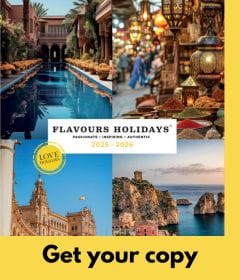
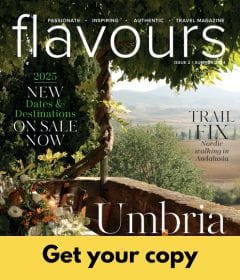
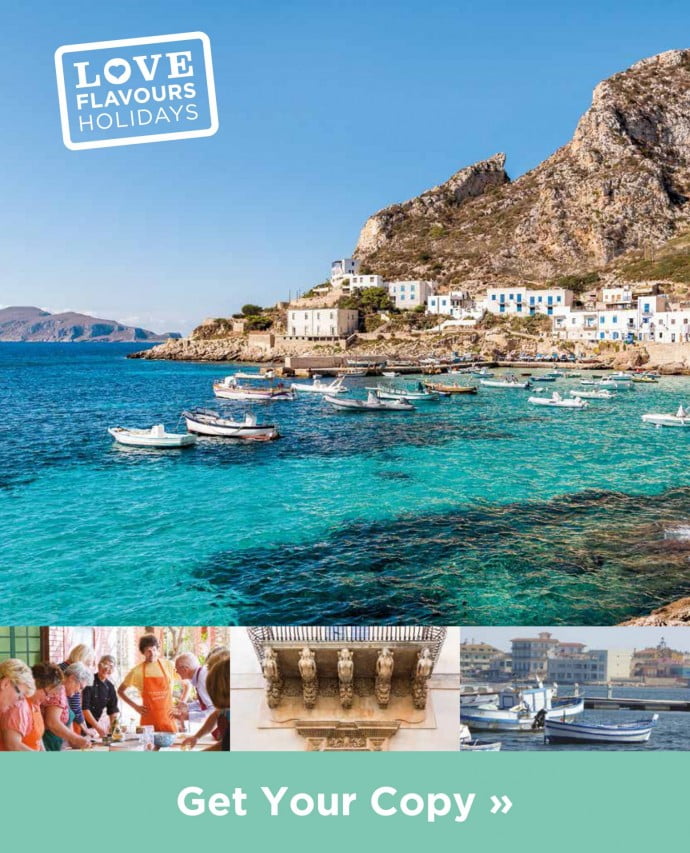
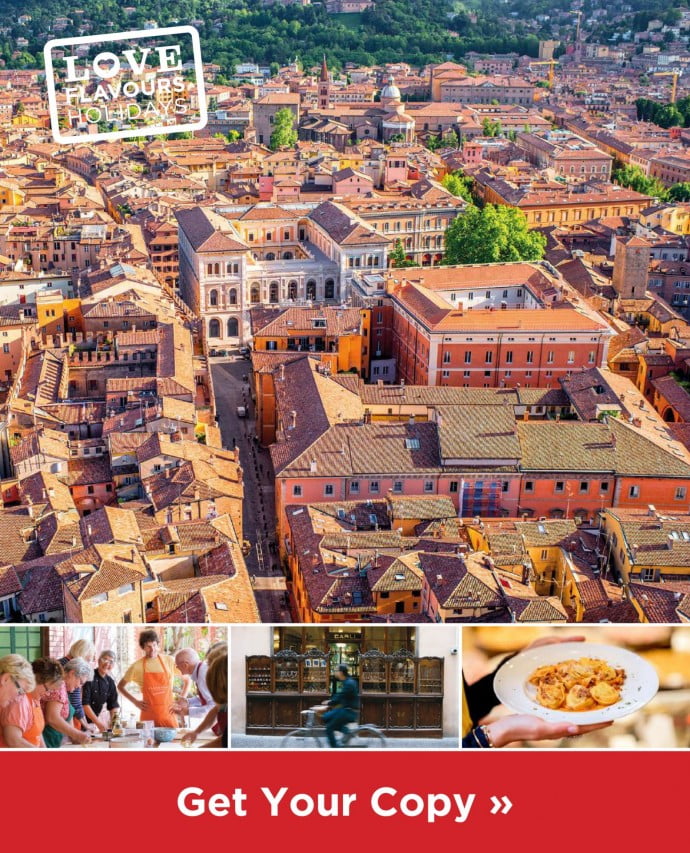
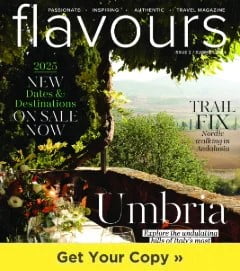


Thank you, Lorne, for this opportunity! –Laura Morelli